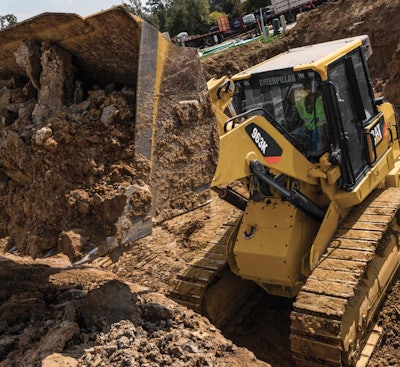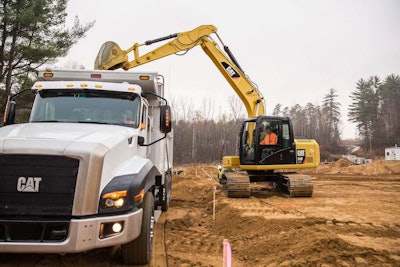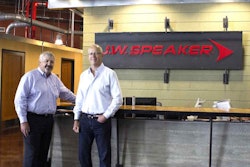

Early this week Caterpillar sent out a press release calling for an end to the trade embargo against Cuba. This was in response to President Obama’s easing of sanctions and the announcement of an American embassy to be built in Havana.
All of this is good news for Cuba and for us, and it demonstrates thoughtful leadership from the Peoria, Illinois-based heavy equipment manufacturer, which has been advocating for an end to the embargo since 1998.
Cuba needs to modernize three things that we could help with immediately: jobs, infrastructure and agriculture. Every one of our equipment manufacturers—not just Cat—should play a constructive role in all three.
Some conservatives criticized Obama’s Cuba initiatives. But anybody who thinks this is a bad idea, doesn’t know their Cold War history or their conservative heritage.
Eisenhower wooed Khrushchev. Nixon went to China. And in the 1980s President Reagan, despite his anti-communist rhetoric, was deeply engaged in normalizing relations with the Soviet Union. This never made big headlines in the U.S., and perhaps Reagan’s people wanted it that way. But I had the good fortune of watching all this from a ringside seat as the process unfolded in West Berlin where I was assigned to the U.S. Army’s Public Affairs Office.
Despite the “evil empire” speech in 1983 and the “tear down this wall” speech in 1987, the U.S. engaged in numerous low-level negotiations, cultural exchanges and spy and prisoner swaps with the Soviets throughout the decade. Perhaps the most inspiring of these was the release of Natan Sharansky, a dissident Russian Jew, in the spring of 1986.
By working on the small issues first, Reagan built up a reservoir of trust and goodwill. The strategy paid huge dividends in the late 1980s when the U.S. and the Soviets signed the most significant nuclear non-proliferation treaty in modern history. On the night of November 9, 1989, something even more incredible happened when the Berlin Wall came down without a shot fired in anger.
Concerning Cuba and Caterpillar, media cynics allege that the company only wants to sell more bulldozers. “Licking its chops,” says a Crain’s headline. That’s rubbish. Cuba is a tiny country with a population of just 11 million, one-tenth that of Mexico. As a market, it’s insignificant. Cat is doing this because it is the right thing to do.
In Berlin every small agreement between ourselves and the communists added to a growing sense of hope and progress. The same hope is growing in Cuba now where announcements like Caterpillar’s are no doubt boosting the spirits of the people. Most Cubans now have the sense that tomorrow will be significantly better than today. That hope is one of the most powerful forces in history.
If we want to promote liberty in Cuba, every manufacturer needs to be as vocal as Caterpillar about ending the trade embargo. This is a world-historical moment, not unlike the fall of the Berlin Wall and not to be squandered. We can table the big issues for now, and I don’t discount those. But let’s get to work on the smaller challenges—the low hanging fruit, things citizens in both countries want to see happen.
It’s time to let the U.S. and Cuba do business together. It’s worked before, it will work again. That’s how the world gets better.











